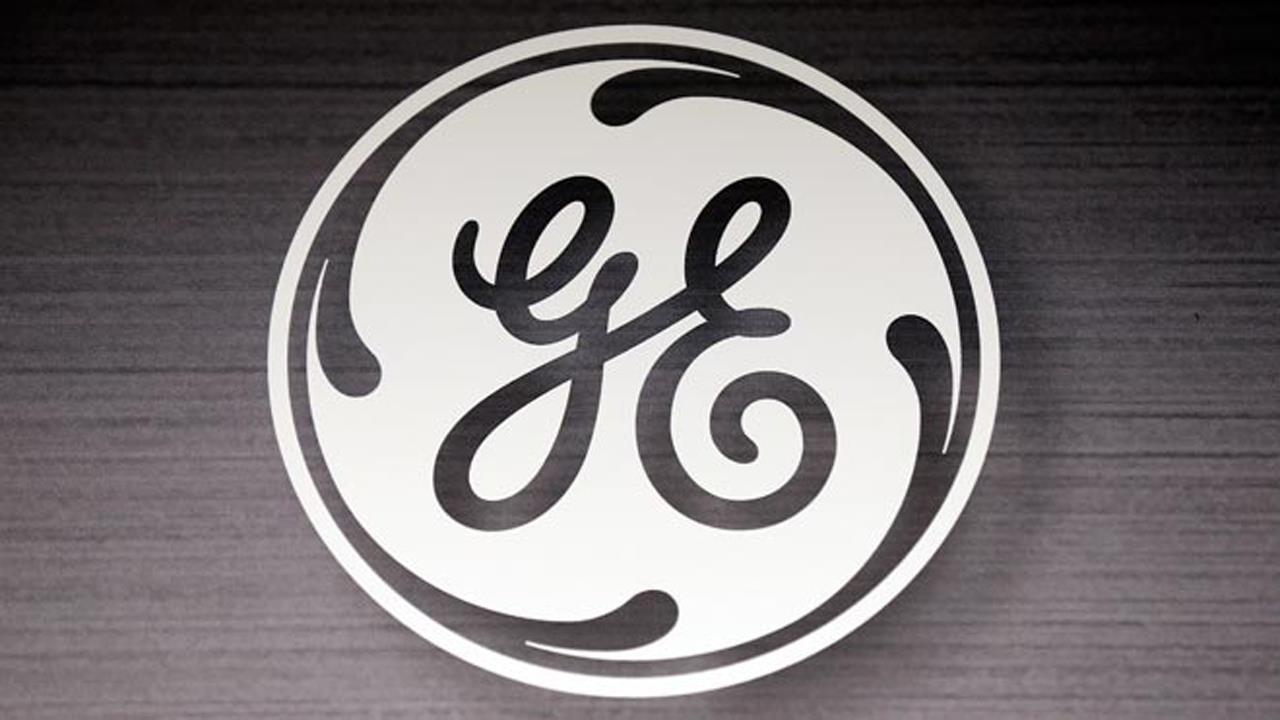GE to shrink, investors worry it will be less profitable
General Electric Co (NYSE:GE) will radically shrink to focus on aviation, power and healthcare, betting on sectors it thinks it can make profits in, as the most famous U.S. conglomerate tries to revive its share price after a decade and a half of stagnation.
The 125-year-old company cut its dividend and profit outlook in half as it begins the transition, in a widely expected plan unveiled on Monday by new Chief Executive John Flannery in New York.
| Ticker | Security | Last | Change | Change % |
|---|---|---|---|---|
| GE | GE AEROSPACE | 316.74 | -4.26 | -1.33% |
GE shares fell 8 percent to $18-level, the worst percentage loss in eight years as investors worried how the slimmed-down company would generate cash to justify its stock valuation.
"By the numbers, we see a core operating performance that is below plan, and, currently, a consensus expectations curve that we think remains too high," said JPMorgan analyst Stephen Tusa.
GE is the worst-performing Dow component this year, down 35 percent through Friday's close. GE stock has effectively been dead money since September 2001, when recently retired Chief Executive Jeff Immelt took over, posting a negative total return even after reinvesting its juicy dividends.
Flannery, who took over as CEO on Aug. 1, said he was "looking for the soul of the company again" and would focus on "restoring the oxygen of cash and earnings to the company."
The transition likely means the sale of $20 billion of assets. GE will jettison businesses with "a very dispassionate eye," Flannery said, keeping only units that offer growth, a leading market position and a large installed base.
That could mean exiting businesses like lighting, transportation and oil and gas, closing factories around the globe, analysts said.
GE also plans to cut 25 percent of corporate staff at its Boston headquarters. It has already started shedding jobs at its software business.
DIVIDEND CUT
The dividend cut, only the third in the company's 125-year history and the first not in a broader financial crisis, is expected to save about $4 billion in cash annually.
"This dividend cut will be a major disappointment to GE’s (roughly 40 percent) retail shareholder base," said RBC Capital Markets analyst Deane Dray.
The cut will save GE $4.16 billion in payouts, the eighth biggest dividend cut in history among S&P 500 companies, according to Howard Silverblatt, senior index analyst of S&P Dow Jones Indices. GE also had the biggest cut when it slashed its dividend by $8.87 billion in 2009, Silverblatt said.
GE forecast adjusted 2018 industrial free cash flow of $6 billion to $7 billion, up from an estimated $3 billion in 2017.
The move to make GE smaller and nimbler is a turnaround from the previous multi-business approach taken by former CEOs Jack Welch and Jeff Immelt.
Flannery's changes repudiate much of Immelt's vision of a "digital industrial" company that builds software to manage and optimize GE's jet engines, power plants, locomotives and other products.
OUT OF FAVOR
Conglomerates have long been out of favor on Wall Street, where investors prefer to bet on specific industries rather than a mixed portfolio.
GE forecast 2018 adjusted earnings per share of $1 to $1.07 per share, compared with its earlier estimate of $2 per share. Wall Street was expecting $1.16, according to Thomson Reuters I/B/E/S.
The company on Monday cut its quarterly dividend to 12 cents per share, from 24 cents, starting in December.
GE's dividend cut - a bid to save cash when the company's cash flow is deteriorating - is the third in its history. The other two cuts came during the Great Depression and the global financial crisis of 2007-2009.
Flannery's strategy is a turning point for the company, which over several decades built itself into a sprawling conglomerate with interests across media, energy, banking, aviation, railroads, marine engines and chemicals.
GE executives have said that analysts have undervalued the company's digital business. They argue the digital units should be valued more like Amazon.com Inc, Alphabet Inc's Google and other fast-growing tech companies.
GE will also cut its board to 12 from 18 members.
(Reporting by Alwyn Scott in New York and Ankit Ajmera in Bengaluru; Additional reporting by Lewis Krauskopf; Writing by Sayantani Ghosh and Bill Rigby; Editing by Saumyadeb Chakrabarty and Nick Zieminski)




















